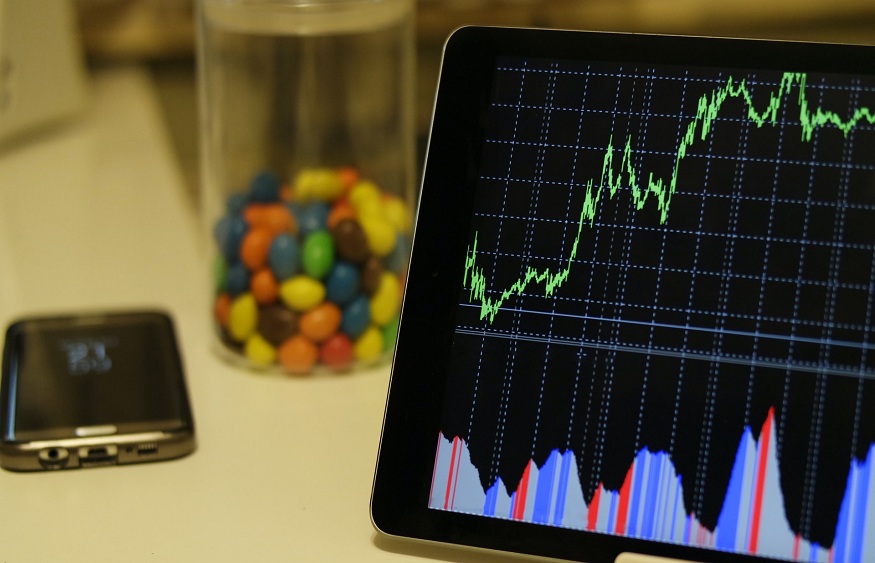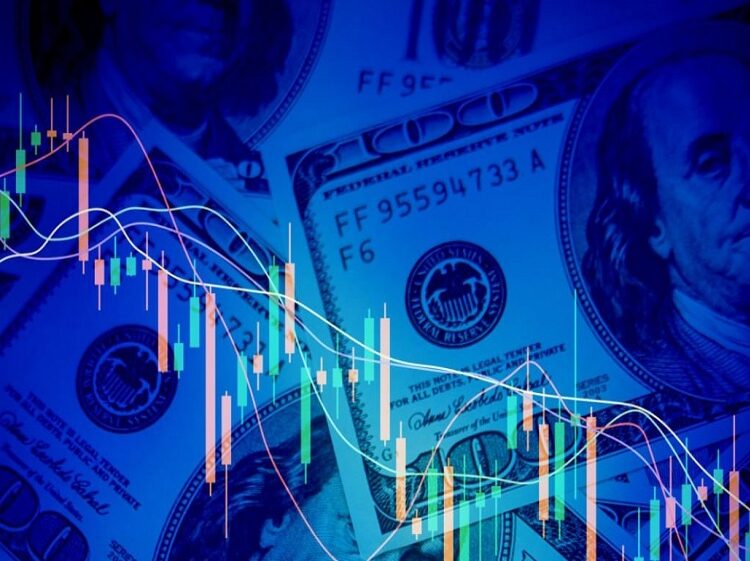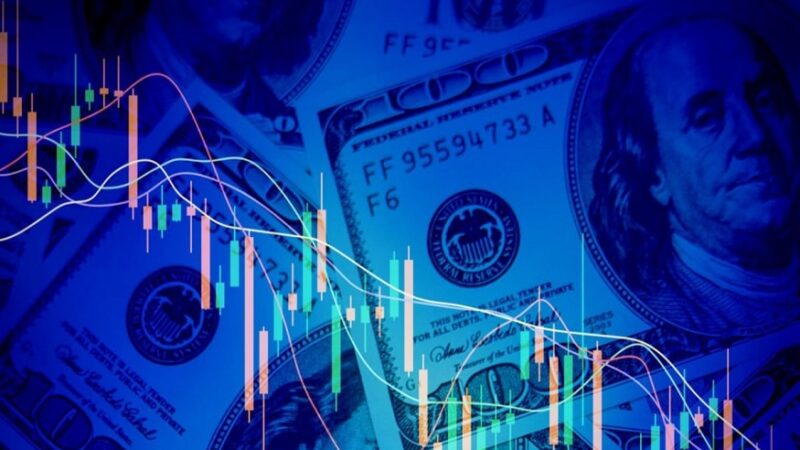Trading is a complex activity that requires a combination of skill, discipline and knowledge. This article is aimed at beginner and intermediate traders looking to improve their performance by avoiding common mistakes.
Here you will find practical tips for every common trading mistake.
Mistake 1: Lack of a trading plan
Why a trading plan is essential… A trading plan is like a road map for a traveler. Imagine going on a road trip without a map, GPS or even a clear idea of your destination. You would probably find yourself lost, wasting time and money. In the same way, a trading plan guides you through the financial markets, which are often unpredictable and full of pitfalls for the uninitiated. Legendary traders like Jesse Livermore and Warren Buffet have always emphasized the importance of a well-structured plan. Livermore, who made and lost fortunes in the stock market in the early 20th century, often lamented his losses due to a lack of discipline and planning. Many traders, especially beginners, are attracted to the excitement and potential for quick gains in trading. They dive headlong into the markets without a well-defined strategy, leaving them vulnerable to impulsive decisions based on emotions rather than rational analysis. Lack of a plan can have disastrous consequences. Not only are you at risk of significant financial losses, but the stress and pressure associated with impulsive decisions can also have a negative impact on your mental well-being.
Set clear goals: Before you start trading, define what you want to achieve. Your goals should be specific, measurable, achievable, relevant and time-bound (SMART).
Define your entry and exit criteria: You need to know in advance the conditions that must be met to enter or exit a position. This removes any ambiguity and prevents you from making decisions based on emotions.
Plan your risk management: Determine in advance the maximum amount you are willing to risk on a single trade.
Mistake 2: Ignoring risk management
The importance of risk management in trading! Without it, even the most talented traders can see their capital erode quickly. Risk management allows you to survive tough times and capitalize on opportunities when market conditions are favorable. Iconic figures in the world of finance like George Soros and Ray Dalio have emphasized the importance of risk management. Dalio, founder of Bridgewater Associates, one of the world’s largest hedge funds, even developed a “risk parity” approach to optimizing asset allocation in a portfolio. Many traders, especially those who are new or impulsive, focus only on potential gains without paying enough attention to the associated risks. This negligence can be fatal, especially in volatile markets where conditions can change quickly.In the worst case, this can even lead to the complete liquidation of your trading account. Additionally, significant losses can have a devastating effect on your confidence and ability to make rational decisions in the future. Don’t miss this reminder about leverage
Mistake 3: Overtrading
Why is Overtrading dangerous? Over Trading is a common mistake that can be fatal for traders of all levels. It is often the result of excessive excitement, overconfidence, or an attempt to recover from previous losses. Overtrading can quickly erode your capital and increase trading costs, while exposing you to unnecessary risks. He was a key factor in the downfall of many famous traders, including Nick Leeson, whose actions led to the collapse of Barings Bank in 1995. Imagining that the more you trade, the more you earn is a mistake. This mentality can lead to an excessive number of trades, often based on impulse rather than solid analysis. Overtrading can lead to a range of problems, including increased transaction fees, increased exposure to market risk and mental exhaustion which can affect the quality of your trading decisions.
Set daily or weekly limits: Determine in advance the maximum number of transactions you will make in a day or week.
Avoid trading on emotion: If you have just suffered a loss or made a large gain, take a pause before deciding your next action.
Use technical indicators to validate your decisions: Do not enter a trade unless it is validated by reliable technical indicators or trading signals.
Mistake 4: Neglecting Fundamental Analysis
Why fundamental analysis is crucial! Fundamental analysis is the study of economic, social and political factors that affect the value of assets. It plays a crucial role in trading decision-making because it gives you a deep understanding of the underlying forces that influence the markets. Great investors like Benjamin Graham and his disciple Warren Buffet have emphasized the importance of fundamental analysis in assessing the intrinsic value of stocks and making informed investment decisions. Unfortunately, many traders, especially those who favor short-term trading, often neglect fundamental analysis. They rely solely on technical analysis, which can expose them to unexpected risks, especially during major economic events or political upheavals. Neglecting fundamental analysis can leave you vulnerable to market shocks. You risk missing major investment opportunities or finding yourself on the wrong side of a market move.
Stay informed: Regularly follow economic, political and social news. Many websites and mobile apps offer real-time updates on global events that can influence financial markets.
Study financial reports: If you trade stocks, take the time to study companies’ annual and quarterly reports. These reports provide valuable information about the financial health and prospects of the company.
Consider economic indicators: Indicators like unemployment rate, industrial production or GDP can have a significant impact on financial markets. Make sure you understand their meaning and their potential impact on your trading positions.
Mistake 5: Letting emotions take over
Why trading psychology is important? The psychology of trading is often overlooked, but it is just as crucial as technical and fundamental analysis to success in trading. Emotions like fear, greed and overconfidence can seriously affect your judgment and trading decisions.
Trading psychology experts like Dr. Alexander Elder and Mark Douglas have written influential books on the importance of understanding psychology to succeed in trading. Their work highlights how emotions can be the Achilles heel of many traders.
Many traders, especially beginners, are unaware of the impact their emotions can have on their trading. They may make impulsive decisions, forget about those losses, or become overconfident after a few successful trades, which can be detrimental in the long run. Neglecting trading psychology can lead to a series of bad decisions that can undermine your capital and confidence. It can also lead to high levels of stress and anxiety, which can negatively impact your overall well-being and trading performance. Learn to identify and manage your emotions. Establish strict rules for your trading and stick to them, even when your emotions push you in the opposite direction.










